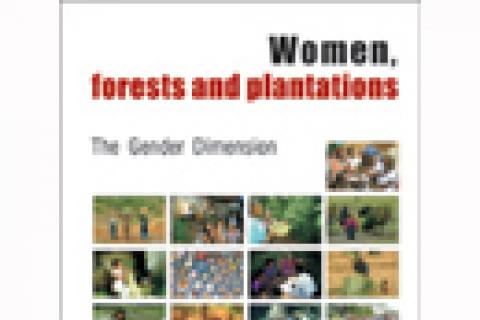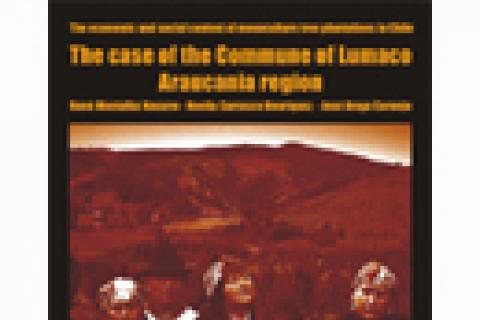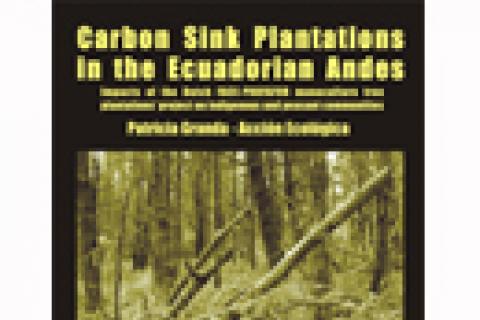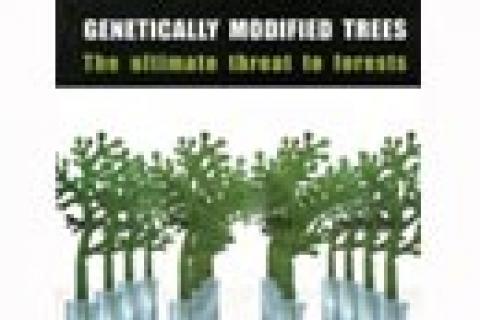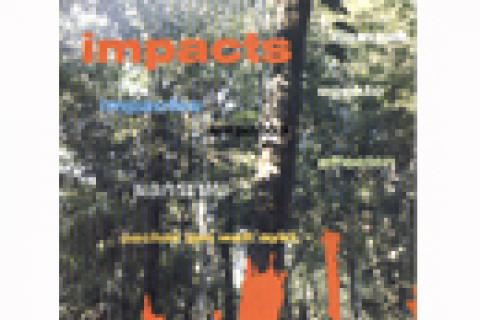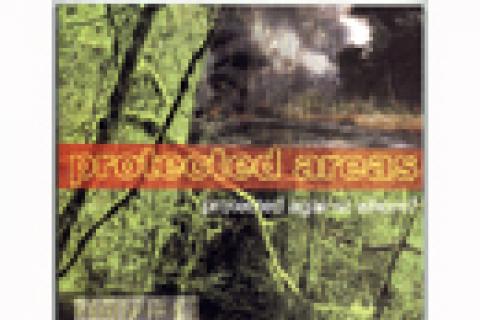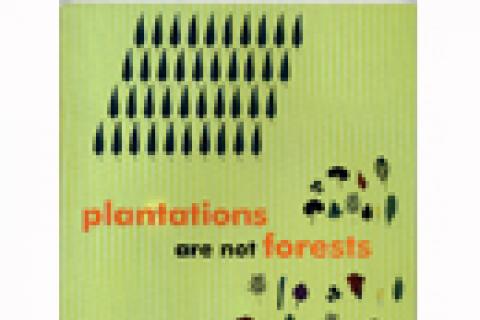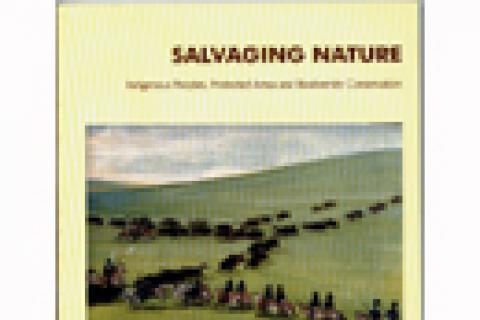By the World Rainforest Movement
Selection of articles published in the monthly electronic bulletin of the World Rainforest Movement, addressing the gender dimension of the impacts in the forests of plantations
Women, forests and plantations. The gender Dimension
Publications
By René Montalba Navarro, Noelia Carrasco Henríquez and José Araya Cornejo
By means of testimonials, documents and figures, the present report sets out the problems faced by that commune of 11,405 inhabitants, where monoculture tree plantations have expanded violently, imposed by a forestry development model instituted during the military dictatorship and still currently in force.
This paper presents and analyzes data about employment and work in eucalyptus plantations and cellulose production for export in the state of Espírito Santo, more specifically about the company Aracruz Celulose, leader of the sector in Brazil.
Impacts of the Dutch FACE-PROFAFOR monoculture tree plantations' project on indigenous and peasant communities
By Patricia Granda. Joint Research of Acción Ecológica and WRM
Carbon Sink Plantations in the Ecuadorian Andes
This publication is the result of a joint effort -carried out by the Forest Peoples Programme, Rainforest Foundation UK, Environmental Defense, Global Witness, SinksWatch, CDM Watch, Samata, Down to Earth and World Rainforest Movement- to highlight the role that the World Bank Group plays in forest destruction and the violation of forest peoples’ rights.
The whiteness of a sheet of paper hides obscure stories of enviromental degradation and social dispossession. Those stries are seldom know by consumers living far away from where the raw material -wood- is obteined and from where pulp and paper are produced. It is therefore important to know -and tell- the story.
As we all know, the conservation of the world’s forests requires the adoption of a series of measures to change the current model of destruction, among which the empowerment of local communities to manage their own forests.
In most of the countries of the world, there are many examples of appropriate forest management, in which environmentally sustainable use is assured while benefiting local communities.
The debate on Genetically Modified Organisms (GMOs) has until now largely focused on agricultural crops and much less on genetically modified trees. This is understandable, given the fact that there are already several GM crops being commercially grown in many places of the world and given that many of them are aimed at directly or indirectly feeding human beings, whose health is thus potentially threatened.
This book includes a selection of articles published in the World Rainforest Movement’s (WRM) monthly electronic bulletin on the subject of mining.
by Oilwatch and World Rainforest Movement.
This publication has been jointly produced by Oilwatch and the World Rainforest Movement for dissemination at the Seventh Conference of the Parties to the Convention on Biological Diversity which will be held in Kuala Lumpur, Malaysia, from 9-20 February 2004.
This book gathers a selection of articles published in the monthly electronic bulletin of the World Rainforest Movement (WRM), addressing the issues of plantations and the struggles developed at the local and global levels against them.
By Marcus Colchester
Salvaging Nature was first published in 1994 as a discussion document of the United Nations Research Institute for Social Development with the World Rainforest Movement and WorldWide Fund for Nature. This revised and expanded edition incorporates additional and more recent material.
Salvaging Nature: Indigenous Peoples, Protected Areas and Biodiversity Conservation
